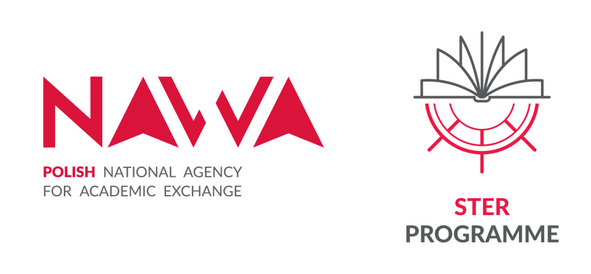Biochemistry and molecular biology are fundamental sciences. Significant achievements in these fields have a key impact on the development of applied sciences related to health care, including biomedical engineering. Several topics presented below in the field of biochemistry can be proposed by the members of the Faculty of Chemistry:
1. Identification and investigation of new molecular targets for antifungal therapy
- cloning, mutagenesis, expression and purification of enzymes identified as potential drug targets – e.g. enzymes involved in amino acid and protein biosynthesis;
- structural studies of purified proteins;
- synthesis of inhibitors against these enzymes and evaluation of their antifungal effectiveness.
2. Investigation of modes of action and metabolism of anticancer drug candidates
- determination of the mechanisms of biological activity of synthesized compounds at the molecular and cellular level;
- investigation of the metabolism of drug candidates with advanced analytical techniques.
3. Mechanism of biofilm formation by uropathogenic Escherichia coli producing fimbrial adhesin Dr - studies of proteome and metabolome changes.
- biofilm cultivation and analysis using confocal microscopy, immunofluorescence and flow cytometry;
- metabolome and proteome analysis of E. coli cells;
- genome sequencing;
4. Structural and biophysical studies of the proteins involved in the chaperone-usher pathway necessary for the biogenesis of Dr adhesive structures of uropathogenic E. coli strains.
- protein production and structural studies;
- construction of bacterial recombinant strains - mutagenesis;
- genome sequencing.
5. Screening for bacterial strains producing antimicrobial metabolites and/or enzymes of particular industrial importance (cellulases, amylases, lipases, esterases and proteases)
- Sequencing and bioinformatics analysis of genomes of strains producing antimicrobial agents/enzymes;
- Determination of chemical structures of the metabolites that exhibit antimicrobial potential;
- Optimization of conditions for production and purification of enzymes and metabolites that exhibit antimicrobial activity;
- Characterization of physicochemical and biological properties of the produced enzymes, antimicrobial agents.



